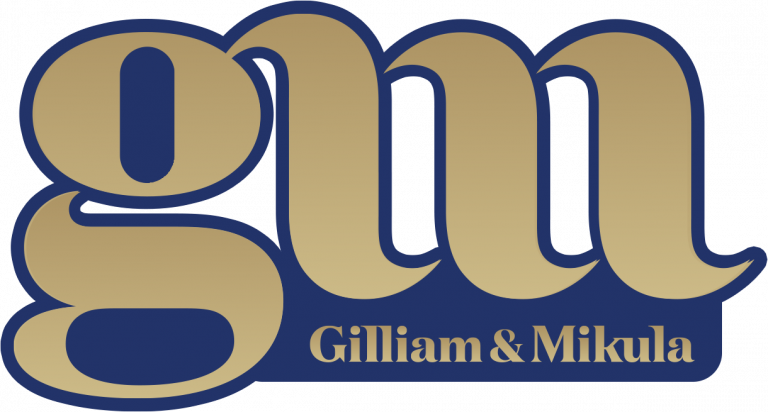The decision to escalate a delinquent account to a collection agency is a significant step in your revenue cycle. Success, however, isn’t just about hiring a third party; it’s determined by the groundwork you have already laid. A strong collection strategy begins long before an account becomes past due.
Before engaging a partner, it is critical to review your own processes. At Gilliam & Mikula, we see firsthand that the most successful debt recovery cases are built on a solid foundation of professionalism and documentation. Here is the checklist our experts recommend to ensure your business is in the strongest possible position to recover what it is owed.
Before You Hire a Collection Agency, Ask Yourself:
Have You Fulfilled Your Contractual Obligations?
The first principle of collecting a debt is demonstrating that you held up your end of the agreement. A debtor may attempt to dispute a payment by claiming the product was not delivered or the service was incomplete. Your ability to thoroughly document your performance is your first and most powerful tool. Before escalating an account, confirm that you have:
- A Signed Contract: This is the non-negotiable starting point for any commercial transaction.
- A Documented Process: Keep detailed records of your work, communications, and project milestones.
- Written Approvals: For phased projects, seek and file written confirmation from the client upon the completion of each stage.
When your records clearly show you have met your obligations, you close off common avenues of dispute and strengthen the legitimacy of your claim.
Are Your Payment and Collection Policies Legally Sound?
For any collection action to succeed, the terms in your contract must be clear and legally enforceable. Ambiguous or unreasonable policies can be challenged, potentially invalidating your claim. Your contract’s payment section should explicitly and reasonably state:
- When and how the client is expected to pay.
- The specific consequences of late or non-payment.
- The escalation points that must be reached before an account is sent to collections.
Vague terms like “payment is due upon project completion” are insufficient. Clear terms, such as “Payment is due within 30 days of the invoice date, Net 30,” establish a firm, legally recognized deadline. Your policies should be fair, transparent, and designed to hold up under scrutiny.
Is Your Communication Record Clear and Consistent?
Most clients will pay promptly if they are invoiced promptly and reminded professionally. A delayed or disorganized invoicing process can inadvertently encourage delinquency. Furthermore, a detailed record of your communication demonstrates a good-faith effort to resolve the debt amicably before escalation. Ensure your process includes:
- Immediate Invoicing: Send the invoice the same day work is completed. This starts the payment clock and allows any genuine questions to be addressed early.
- Structured Follow-Up: Don’t let a due date pass in silence. Implement a regimented follow-up schedule, with reminders sent before and after the due date.
- A Documented “Paper Trail”: Keep a log of every invoice, email, and call. This record removes potential excuses and shows that the client was given every opportunity to pay before the account was sent to collections.
If You Answered “Yes” to All… That Means It’s Time for Gilliam & Mikula
If you can confidently answer “yes” to these questions, you have done more than just try to get paid—you have built a strong, defensible case for collection. You have fulfilled your contract, relied on sound legal terms, and maintained a professional communication record.
At this point, you need a partner who can take that solid foundation and see it through to a successful resolution. Gilliam & Mikula specializes in this exact scenario. Our professional, legally-backed process is designed to recover your debt efficiently while protecting your business’s reputation.
If you have a well-documented debt you’re ready to resolve, contact us. Fill out our online form to begin the conversation.
Gilliam & Mikula is centrally located in Richmond, Virginia, and serves clients throughout the Commonwealth of Virginia. Our attorneys have over forty years of combined experience in various practice areas, representing individuals and businesses. We are licensed to practice in all General District Courts and Circuit Courts of the Commonwealth of Virginia including, Central, Tidewater, and Northern
Virginia areas.The attorneys at Gilliam & Mikula are here to smoothly guide you through the “legal maze” and ensure that you achieve the most favorable outcome.
The information provided on this website does not, and is not intended to, constitute legal advice; instead, all information, content, and materials available on this site are for general informational purposes only. Information on this website may not constitute the most up-to-date legal or other information.


